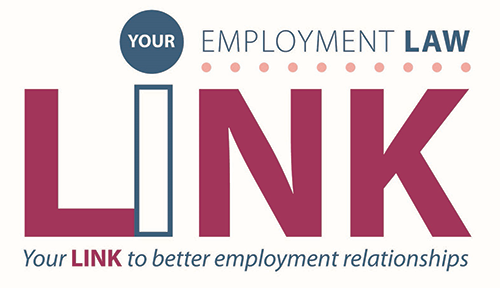Pawternity leave: A new trend in leave entitlements

Welcoming a new pet into your home isn’t always easy. It takes time, effort and energy to get your new “fur baby” settled in. In fact, some would say that owning a puppy can be similar to the early stages of parenthood: stressful, exhausting and sleepless. In my personal experience, the most stressful puppy we’ve ever had managed to ruin four lounge-suites, the coffee table, the TV unit, multiple bar stools, and a small section of the drywall. Efforts to keep him contained and caged failed, as he would chew and force his way out.
Although this is an extreme situation, it can show the realities of introducing a puppy into your household. The Kennel Club says that the first 16-weeks of a puppy’s life goes a long way to producing a well-balanced, sociable dog, and that requesting time off would be “sensible” for the owner and “extremely beneficial” to the puppy, who can be intensively trained, acclimatised and socialised during this period.
Therefore, recognising the place of pets within the household, a few overseas companies have started offering “pawternity” leave for their employees:
- BrewDog, a Scottish brewery company, offers its employees one week of paid leave when they adopt a new pet.
- Mars Petcare offers their employees ten hours of paid leave when they get a new pet.
- Mparticle, a data platform provider, offers two weeks paid leave when an employee adopts a rescue dog. The recruiter for the company said “we offer maternity and paternity leave and a pet is just another member of the family.” She said “we don’t discriminate just because they aren’t human.”
- BitSol, a tech company in Manchester, offers its employees a full week of paid leave if they get a new pet. According to the Metro, company owner Greg Buchanan said: “Pets are like babies nowadays, so why shouldn’t staff have some time off when they arrive?”
- In India, HarperCollins Publishers offer their employees five days of paid leave if they have adopted a new pet. “Pet children need as much attention [as human children], if not more” Ananth Padmanabhan, Chief Executive Officer of HarperCollins India, told HuffPost India.
Although the trend doesn’t seem to have hit New Zealand, it is an interesting concept. Speaking to the New Zealand Herald, Aidan Burch, the acting manager of employment standards at the Ministry of Business, Innovation and Employment said “we have a competitive labour market and we encourage companies to think outside the square in order to attract and retain top talent.”
Pets are becoming a huge part of peoples lives; especially as young professionals opt for “furbabies” over real babies. A study of 2,000 pet owners found that four in ten employees have taken a sick day to care for a pet. This same study found that 65 per cent of pet owners had taken leave to attend a vet appointment, and half of pet owners admitted they felt forced to take time off after the loss of a pet, as they were so heartbroken they couldn’t face a normal day’s work.
Although an interesting concept, there are some advantages of offering “pawternity” leave. The mental-health benefits of owning a pet have been proven time and time again, with the RSPCA reporting that owning a pet can increase cardiovascular health, boost your immune system, make you more empathetic and lessen depression and stress. And in terms of benefits to the workplace, study after study has shown that happiness is the key to productivity.
All in all, “pawternity” leave presents a reminder for all employers: your employees are one of your most valuable resources. It may be worth considering the types of benefits you want to provide in your workforce, even if those benefits are a little untraditional.
What do you think?
– Ashleigh Fechney
Published on Monday, May 7th, 2018, under Blog



Excellent blog , It is really help ful for the pet lovers
it is an excellent article verymuch helpful for the pet owners thank you very much.
Are there any specific industries or countries that are leading the way in adopting Pawternity leave policies?
It doesn’t seem to be common practice at this stage and so it would be hard to determine which industries or countries are leading the way at this point in time. We will keep an eye on this to see how it progresses though!